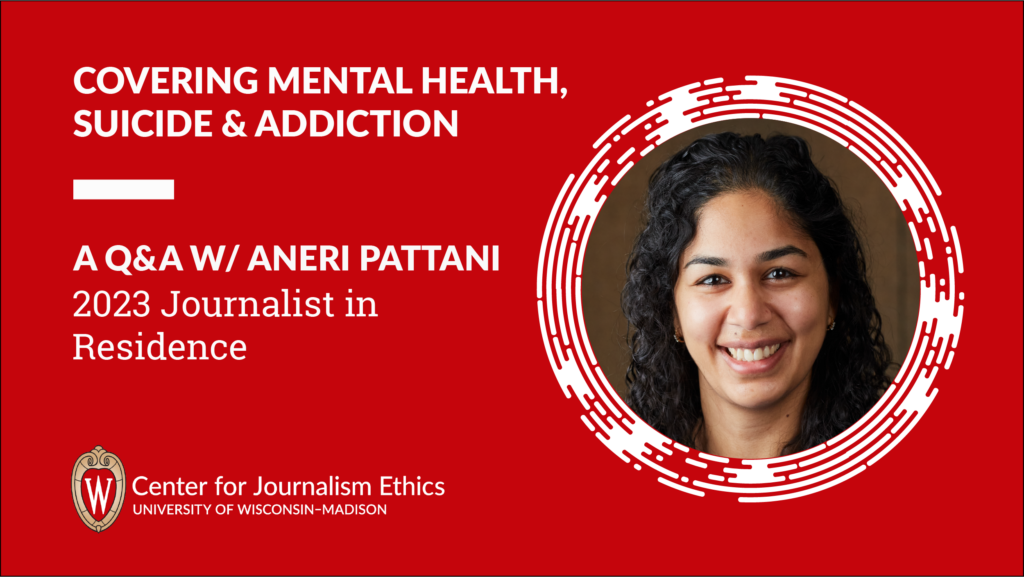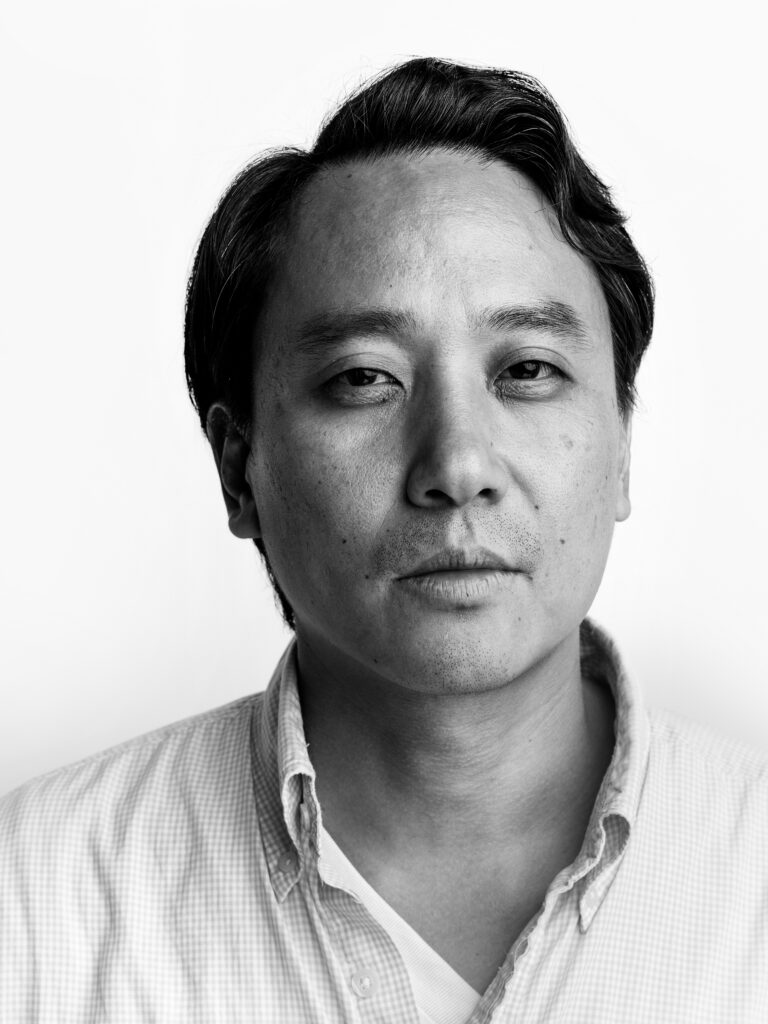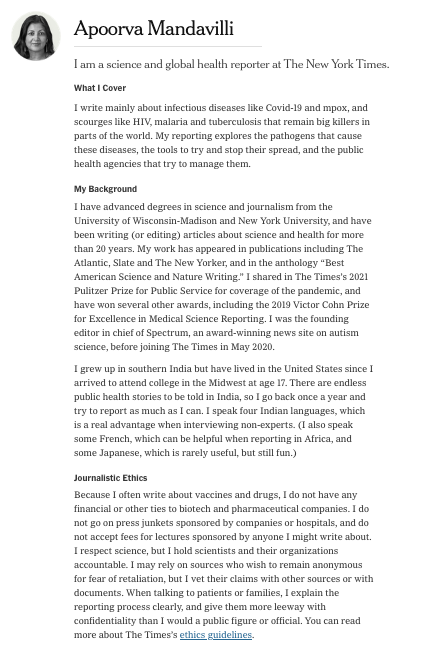
The economic realities of a changing industry have left journalists wearing the hats of both reporter and editor.
Every journalist remembers the mistakes that made it to print.
But with the decline of the size and scope of the copy desk, a safeguard that could prevent errors from happening, reporters may find themselves with even more regrets.
For former copy editor Elise De Los Santos, it’s a butchered headline about the Chicago Cubs opening day during her first few years at the Chicago Tribune that stands out. Reflecting back, she doesn’t recall the exact details or whether she added a word or cut one out, but she remembers finally playing with the headline enough to fit it into a single column on a page.
“Only one person looked at it afterward,” said De Los Santos, now a lecturer at Northwestern University. “It ran, and it was wrong. I had to issue a correction.”
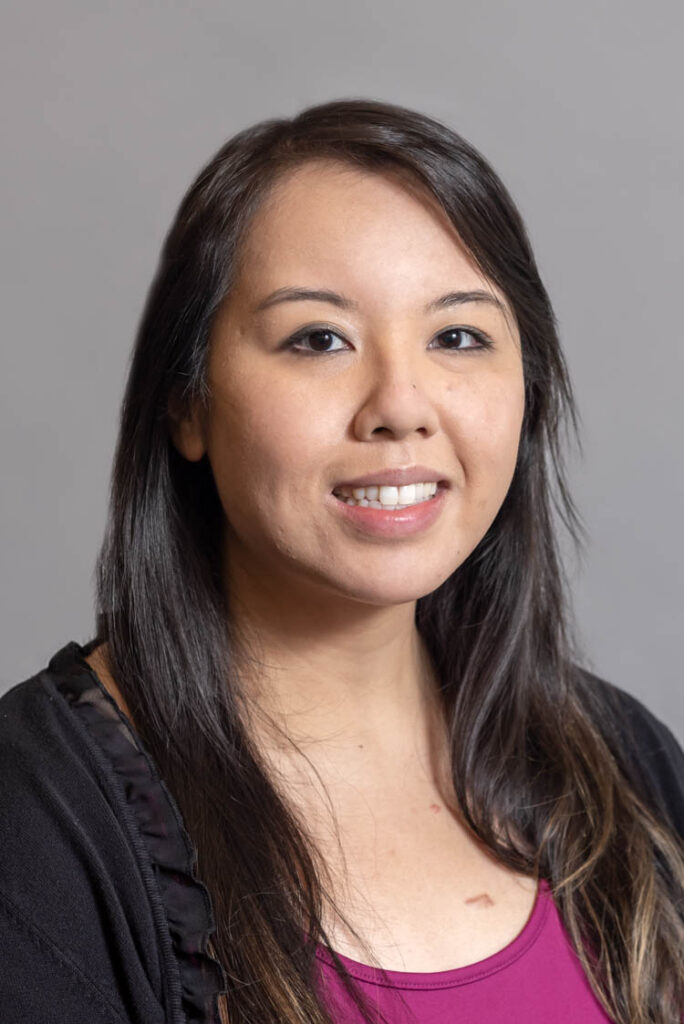
This is a universal experience. Mistakes happen. However, it becomes a real problem when it is repeated.
“Mistakes in and of themselves are not ethical errors,” said Fred Vultee, an associate professor of journalism at Wayne State University. “Being dumb is an ethical error.”
The economic realities of a shrinking industry have not preserved the traditional copy editing process, raising questions about what it means to have fewer people reading stories prior to publication.
“I saw, almost in real time, [copy] editing go away, just because there weren’t enough bodies to do it,” De Los Santos said about her time at the Tribune. “It’s not like the paper got smaller overnight — there was still the same amount of work to do.”
According to De Los Santos, more pressure is placed on reporters’ shoulders.
“The stakes are higher,” she added.
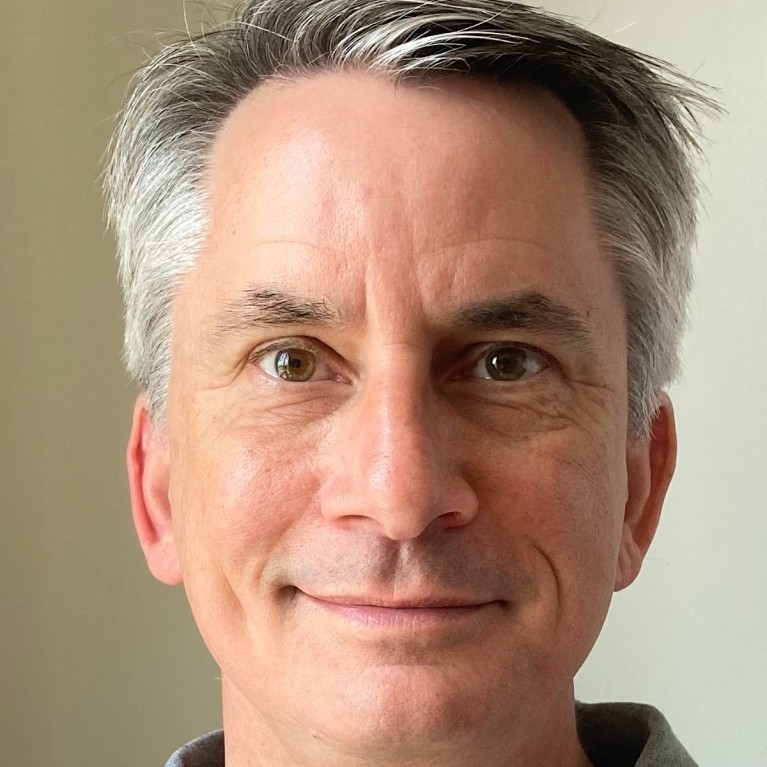
Often, reporters and editors in the newsroom are taking on the jobs previously held by an entirely different person. This occurs in an already stressed industry where 70% of journalists have experienced work-related burnout, according to a study from the Center for Innovation and Sustainability in Local Media. Meanwhile, over a third of reporters say they experience job-related harassment and threats.
“We’re all humans,” said Andy Bechtel, an associate professor of journalism at the University of North Carolina at Chapel Hill. “We’re all going to make mistakes — no matter what. But when you’re stressed out and overworked, then you’re more likely to make a mistake.”
‘Guardians of accuracy’
Traditionally, copy editors served as the first true reader of a story. The editing process of a news story began with a reporter writing up their findings, working alongside their desk editor or even two. Then it would move along to a copy editor and back to the original editor — all before publication.
Over the last several decades, however, the last set of eyes on the story at some outlets has disappeared. In 2017, the New York Times eliminated the copy desk. In August 2023, The Texas Tribune laid off its entire copy desk.
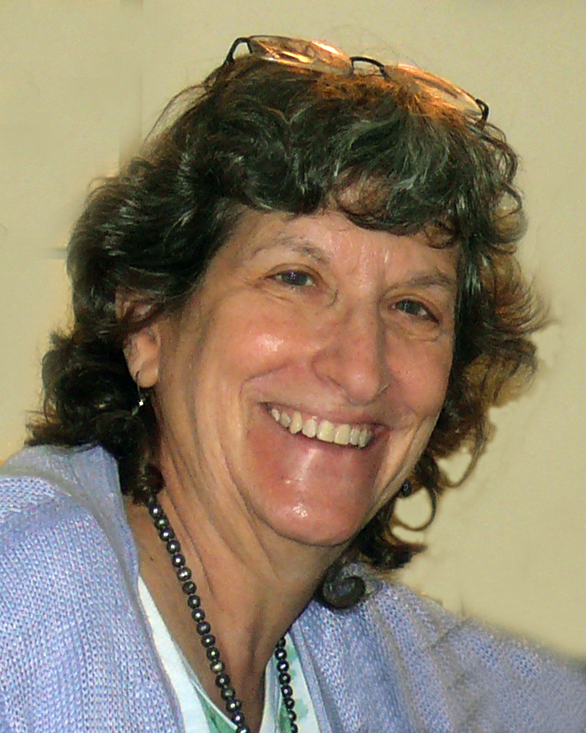
“Everyone who touches a story now has a vested interest,” said Merill Perlman, an adjunct faculty member at Columbia University and former director of copy at The New York Times. “They are not the disinterested party like the copy editor was.”
Research completed by Vultee concludes that editing is associated with a higher perception of both quality and value among readers. However, he found readers’ views of an outlet’s credibility and quality is not in the ticky-tacky details of The Associated Press Stylebook.
“Readers don’t give a damn about that,” Vultee said. “Bad organization bothers them a lot more than an adverb in the middle of a compound verb. Missing obvious questions — lack of consistency from top to bottom — actually bothers people a lot.”
During her time at the Tribune, De Los Santos said the paper began to integrate some features of the traditional copy desk into the audience desk.
“Social media should get the same eyes and editing that was in the paper,” De Los Santos said. “It’s thinking about the evolution and how you take the skills of the copy desk to nitpick and comb through a story — and where else can you put it.”
Although some newspapers, such as the Los Angeles Times, have maintained the traditional copy desk, other outlets have shifted course. In 2019, the New York Times created a style and standards “flex” desk.
“We are guardians of language, of accuracy, of fact-checking as editors,” Bechtel said. “If we do that, then we’ll build trust without readers.”
‘Do more with even less’
Reporters, in many cases, are being asked to wear the hat of a copy editor, editor and reporter — all at once.
“For reporters, it’s very much a case of [doing] more with even less,” Vultee said.
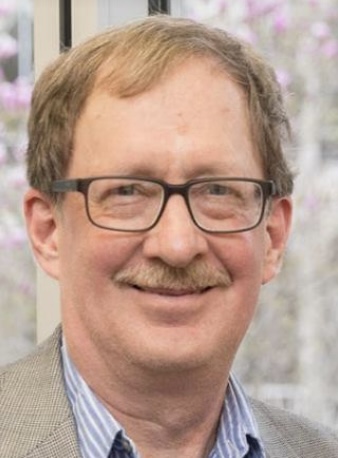
Aside from ensuring accuracy and consistency in reporting, he underscored the importance of bigger picture factors, such as community events that highlight media literacy as ways to cultivate trust with readers. But at a reporting level, Vultee, as well as Perlman and De Los Santos, recommend reporters take a step back before editing a story.
“Training in self-editing would not replace the copy desk but make writers more self-aware,” Perlman said. “Read it in a different way than you wrote it.”
In simple terms, this includes re-reading a story with an eye for structure, word choice, clarity, and grammar and style. Although not perfect, it does build in some of the independence of the traditional editing process, Vultee said.
“That doesn’t replace the assembly line,” Vultee said. “It might be a way of building in some of what the assembly line did.”
However, the reality as it stands puts reporters in a difficult spot.
“There’s no way one person can cover all the bases,” De Los Santo added. “That’s why the structure of news rose the way it did.”
Sophia Vento is a 2023-24 fellow at the Center for Journalism Ethics and an undergraduate student in the School of Journalism and Mass Communication at the University of Wisconsin–Madison.
The Center for Journalism Ethics encourages the highest standards in journalism ethics worldwide. We foster vigorous debate about ethical practices in journalism and provide a resource for producers, consumers and students of journalism. Sign up for our quarterly newsletter here.

